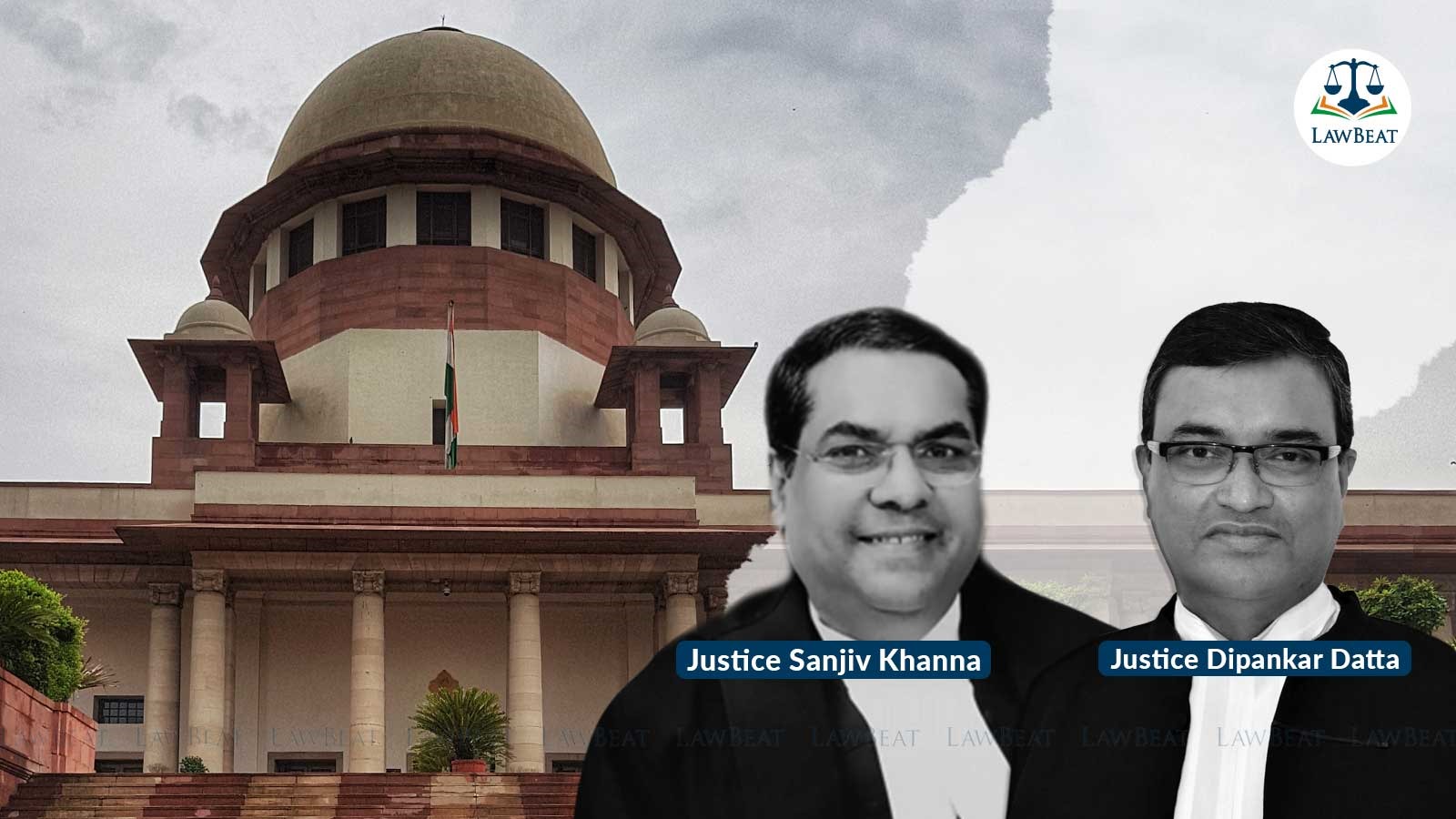Reference to ambiguities post acceptance of resolution plan by Committe of Creditors to be rejected: Supreme Court

Court said resolution plans are not prepared by lay persons, rather they are submitted after the financial statements and data are examined by domain and financial experts, who scan, appraise and evaluate the material as available for its usefulness, with caution and scepticism
The Supreme Court has said that any reference to ambiguities or lack of specific data or details after the acceptance of the resolution plan by the Committee of Creditors under the Insolvency and Bankruptcy Code, should be rejected, except in an egregious case where data and facts are fudged or concealed.
A bench of Justices Sanjiv Khanna and Dipankar Datta pointed out the resolution plans are not prepared and submitted by lay persons, rather they are submitted after the financial statements and data are examined by domain and financial experts, who scan, appraise and evaluate the material as available for its usefulness, with caution and scepticism. Inadequacies and paltriness of data are accounted and chronicled for valuations and the risk involved.
"It is rather strange to argue that the super specialists and financial experts were gullible and misunderstood the details, figures or data. The assumption is that the resolution applicant would submit the revival/resolution plan specifying the monetary amount and other obligations, after in-depth analysis of the fiscal and commercial viability of the corporate debtor," the bench said.
The court further said absence or ambiguity of details and particulars should put the parties to caution, and it is for them to ascertain details, and exercise discretion to submit or not submit resolution plan.
"Pointing out the ambiguities or lack of specific details or data, post acceptance of the resolution plan by the Committee of Creditors, should be rejected, except in an egregious case where data and facts are fudged or concealed," the bench asserted.
The court also said records of corporate debtor, who are in financial distress, may suffer from data asymmetry, debatable or even wrong data. "Thus, the provision for transactional audit etc, but this takes time and is not necessary before information memorandum or virtual data room is set up. Financial experts being aware, do tread with caution," the bench said.
The court set aside the NCLAT's judgment of February 7, 2020, upholding the order of the NCLT of September 27, 2019. It asked the parties to appear before the NCLT on April 9, 2024 for further proceedings to cut short any delay.
Accepting the appeals, the bench approved the resolution plan, as submitted by the successful resolution applicants Deccan Value Investors LP and DVI PE (Mauritius) Ltd.
The bench held that the impugned judgment by the NCLAT, New Delhi, which upheld the order passed by the National Company Law Tribunal, Mumbai Bench, Mumbai, as legally flawed and unsustainable in view of the judgment of this Court in 'Ebix Singapore Private Limited v. Committee of Creditors of Educomp Solutions Limited and Another' (2022).
The bench pointed out this court in Ebix Singapore Private Limited has inter alia held that the resolution applicant cannot withdraw or modify the resolution plan, after it is approved by the Committee of Creditors. It is immaterial that post approval by the Committee of Creditors, there is consideration under Section 31(1) of the Code by the adjudicating authority for final approval, it added.
Even the terms of the resolution plan, will not permit withdrawal or modification in the absence of a statutory provision, that allow withdrawal or amendment in the resolution plan after approval by the Committee of Creditors. The resolution plan approved by the Committee of Creditors is a creature of the Code and not a pure contract between two consenting parties, the bench pointed out.
It was contended before the court that proviso to Section 31(1) of the Code, postulated that the adjudicating authority, before passing an order for approval of the resolution plan, must satisfy itself that the resolution plan has provisions for its effective implementation.
On this, the court pointed out that Ebix Singapore Private Limited judgment did examine this provision but rejected the argument on several grounds, including absence of legislative mandate to direct unwilling Committee of Creditors to re-negotiate or agree to withdrawal of the resolution plan at the behest of the resolution applicant.
